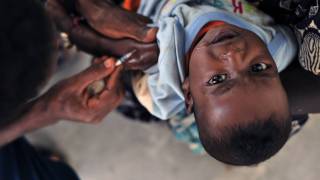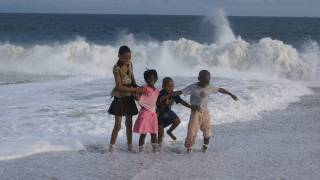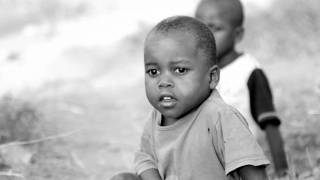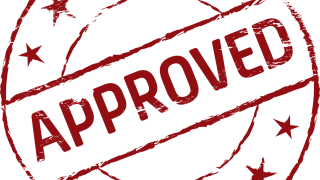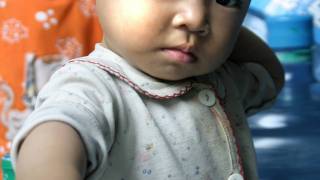32 Students in Kentucky Confirmed with Varicella
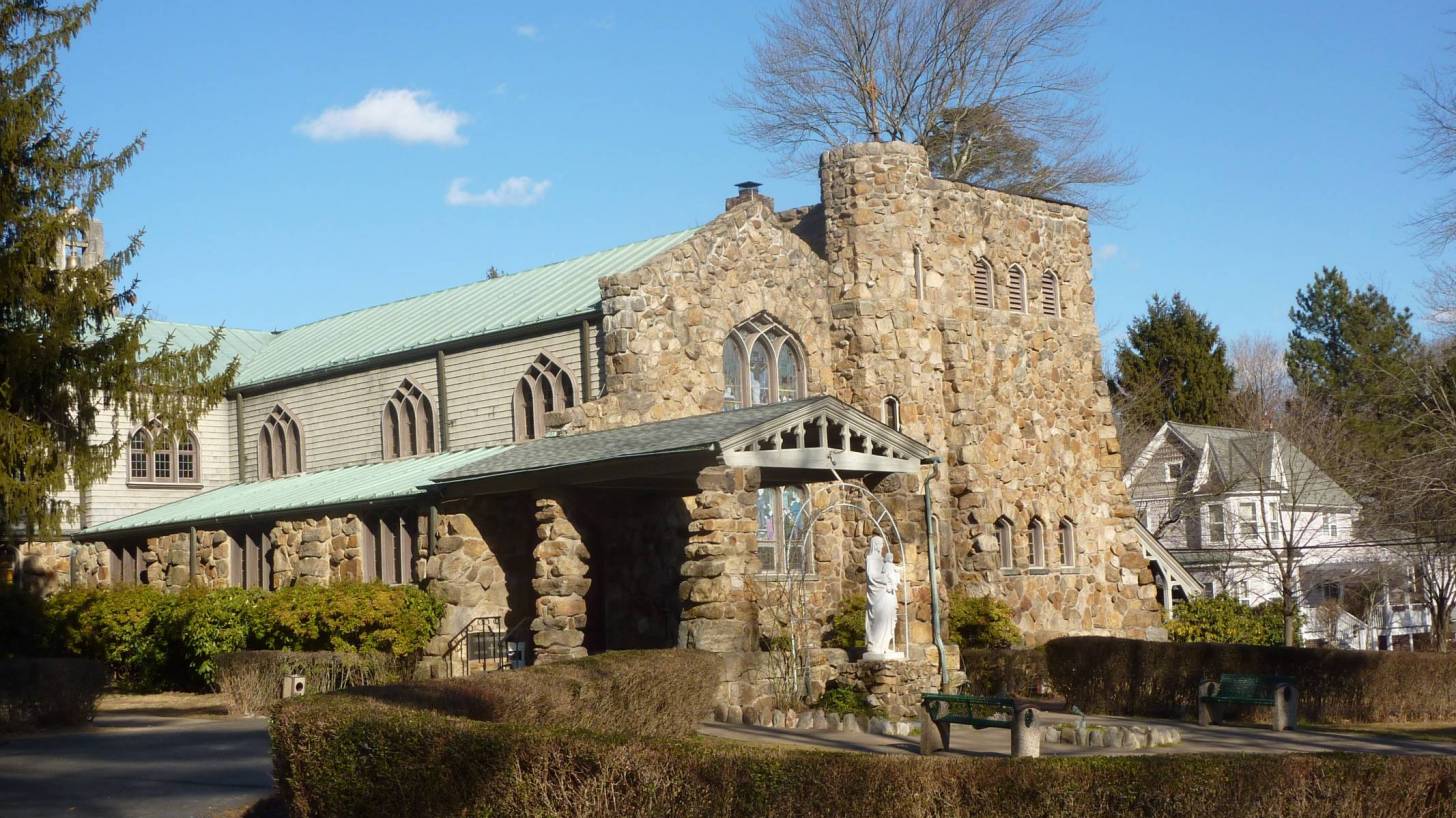
Students attending Our Lady of the Sacred Heart of Assumption Academy in Walton, Kentucky, are experiencing an outbreak of varicella, which is commonly known as ‘chickenpox.’
Since the initial reports in February 2019, 32 students attending these Northern Kentucky schools have been confirmed with varicella, which is a vaccine-preventable disease.
The Catholic Church ruled several years ago that Catholics could be immunized with vaccines developed in association with fetal cells.
Varicella is a febrile rash illness resulting from primary infection with the varicella-zoster virus. Humans are the only source of infection for this virus, says the Centers for Disease Control and Prevention (CDC).
On March 14th, 2019, the Northern Kentucky Health Department instructed that ‘all students without proof of vaccination or proof of immunity against chickenpox will not be allowed to attend school until 21 days after the onset of rash for the last ill student or staff member.’
Also, most extracurricular actives will follow similar guidelines.
The Health Department says ‘the best way to prevent becoming ill and spreading the varicella virus is from a vaccine.’
Dr. Lynne Saddler, District Director of Health at the Northern Kentucky Health Department, said in a press release, “... events have prompted us to take further control measures at the school and to make the public aware that chickenpox may be in the community.”
Varicella can be a very serious illness and can spread easily when a person touches or breathes in the virus that comes from chickenpox blisters. It can also spread through tiny droplets that get into the air when someone who has chickenpox breathes or talks, for example.
Varicella is especially dangerous for infants and anyone who is pregnant or has a weakened immune system. Complications from varicella (chickenpox) can include secondary infections such as bacterial skin infections, pneumonia, encephalitis, Reye’s syndrome, sepsis, and even death.
Anyone who has recovered from varicella (chickenpox) may develop shingles; even children can get shingles.
Shingles is the reactivation of a viral infection in the nerves to the skin that causes pain and blisters in the skin supplied by the affected nerve.
Recently, a March 2018 study found the annual average age-adjusted mortality rate for varicella as the underlying cause was 0.03 per million population during 2012-2016, which is a 94 percent reduction from pre-vaccine years.
The Health Department says everyone should ‘ensure all members of your household are up-to-date on all vaccinations.’
This advice is being ignored by Kentucky's Governor Matt Bevin, who said in a radio interview that he deliberately exposed all 9 of his children to chickenpox so they would catch the disease and become immune, reported the Courier-Journal.
“Every single one of my kids had the chickenpox on purpose. They were miserable for a few days, and they all turned out fine.”
There are 2 varicella vaccines that are licensed in the United States, Varivax® and ProQuad®.
The Varicella vaccine was licensed in the United States in 1995. Two doses are now recommended for routine use, with the first dose given to children 12–15 months of age and the second dose at 4–6 years of age.
Persons 13 years of age and older without evidence of immunity to varicella should receive 2 doses of varicella vaccine 4–8 weeks apart. And, persons who previously received 1 dose of varicella vaccine should receive their second dose, says the CDC.
Contact your health care provider or the Health Department with any questions about where to get the vaccine. Jonathan Vorbeck; 859-344-5474; [email protected]
Most pharmacies in Kentucky offer varicella prevention vaccines.
Our Trust Standards: Medical Advisory Committee






